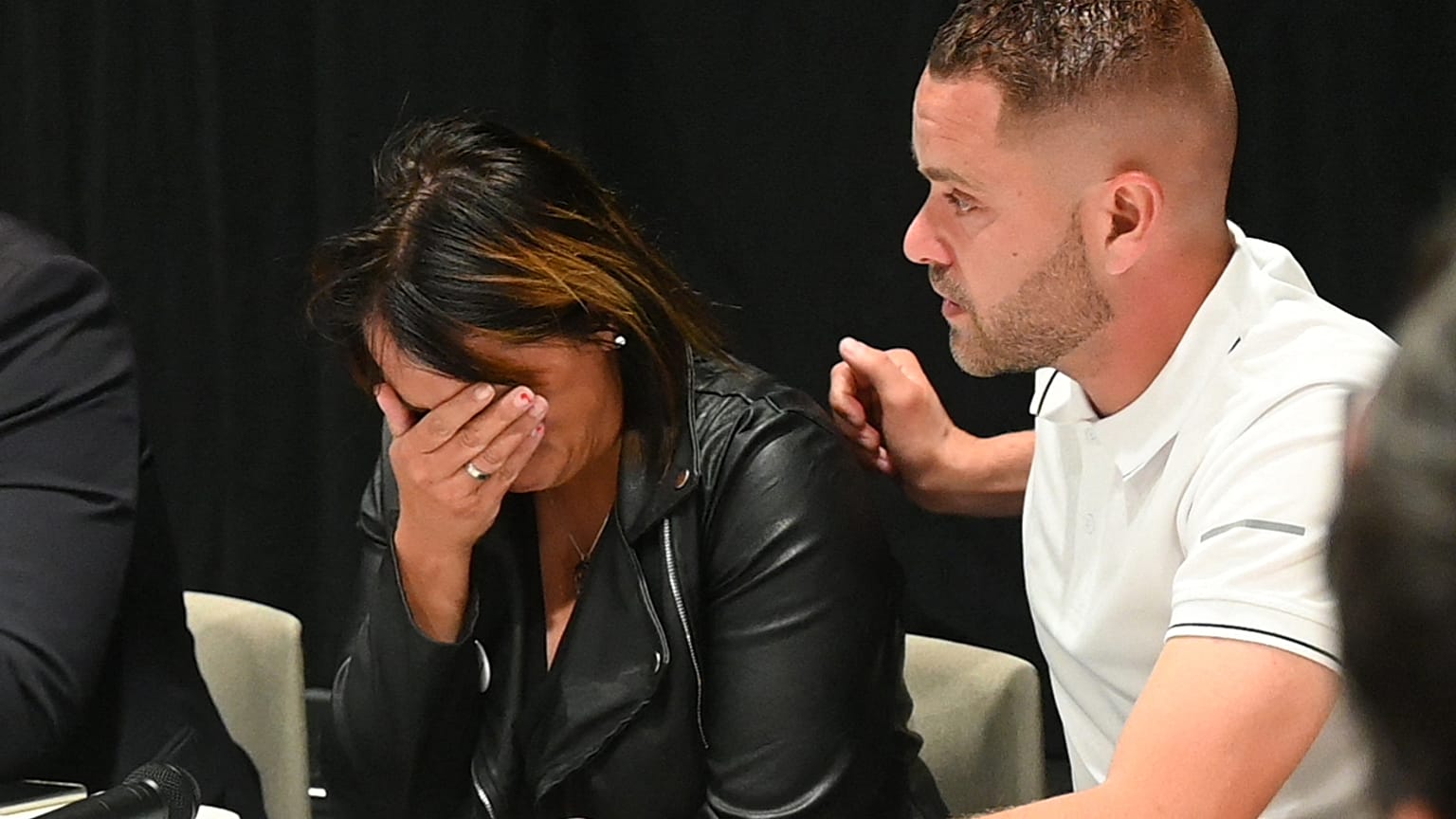The recent suicide of a 13-year-old French schoolgirl has reignited the debate on teenage bullying. At school or online, solutions exist to protect them, but too few are actually implemented.
Last week, all secondary school pupils in France were given an hour's lesson on cyberbullying. The idea was to highlight the dangers of social networks and how they can destroy someone's life. And even worse.
 ADVERTISEMENT
ADVERTISEMENT
 ADVERTISEMENT
ADVERTISEMENT
On 12 May last year, Lindsay Gervois took her own life. She was 13 years old.
At her secondary school in Vendin-Le-Vieil, she had been bullied for eight months. Suicide among young people is often linked to bullying at school. Suicide attempts and suicidal thoughts are higher among victims of bullying (12% and 36%, respectively) than among the general population (9% and 27%).
In response to the outcry, the French government has announced that the fight against bullying will be the "absolute priority" for the start of the 2023 academic year.
Nora Tirane-Fraisse has been campaigning against bullying at school for 10 years. Her daughter Marion hanged herself at the age of 13 on 13 February 2013. Nora is the founder and general delegate of the association Marion La Main Tendue (Marion the Outstretched Hand). She works tirelessly in schools and has set up two 'Maisons de Marion' (Homes of Marion) in the Paris region.
In 2022, she received more than 8,300 requests. Throughout France, she has made almost 230 visits to schools and met 15,000 children and teenagers.
According to Nora, Marion's ordeal began at an early age, and she says that's when children need to be educated.
"For Marion, it happened when she was 13," she says. "But as I say, it's all the little taunts, mockery and exclusion that the child plays down and that we adults play down. But I could see that she wasn't invited, that she was excluded."
"Things really came to a head when the school's referring adult was no longer there," continues Nora. "No matter how much I intervened as a parent representative, reassuring her, at one point the child decides, 'I'm stopping, I'm not playing anymore. It's no fun. I won't go to school any more, I report things and they don't take them into account'. And that's what happened between 12 and 13 February."
For Jean-Pierre Bellon, philosopher and director of the RESIS Centre, which has been training professionals for some twenty years, we need to listen to the victim but also work with the harassers.
"Students need to feel empowered, we need to tear them away from the herd mentality and try to get them involved in solving the problem, and that doesn't mean we shouldn't punish in some cases," he explains.
"We role-play: "I'm worried about your friend, he's not doing well. Who can tell me what we could do?"
In 2022, French law made bullying at school an offence. Harassment at school can be punishable by up to 10 years imprisonment and a fine of €150,000 if the acts lead the victim to commit suicide or attempt suicide.
Spain, a hard-hit country
To combat cyberbullying, the European Commission launched the Better Internet For Kids programme in 2008, which is now being rolled out in 31 countries.
In Spain, the AEPAE association is fighting against bullying at school. Spain is one of the European countries most affected by this phenomenon, with more than 11,000 serious cases detected between January 2021 and February 2022, and many suicides. Enrique Perez-Carrillo, President of AEPAE, regrets that this subject is often played down in schools.
"Last year, the figure of the coordinator, who is a teacher in the school itself, was introduced," he says. "We at AEPAE say that this intervention must be external because the school is not impartial. The school, by default, doesn't take the victim's side, but rather minimises the problem to make it invisible so that it doesn't affect the school's reputation."
Bullying at school is a global scourge: nearly 130 million pupils aged between 13 and 15 worldwide (ie, just over one in three) are victims of bullying at school, according to the Atlasocio website.
If you are affected by any of the issues raised in this article
In France, minors who are victims of cyberbullying can call **3018.**Seven days a week, from 9 am to 11 pm, a dedicated team of psychologists, legal experts and specialists in digital tools are on hand to advise them and intervene, particularly with social networks, to have the content removed within a few hours.














